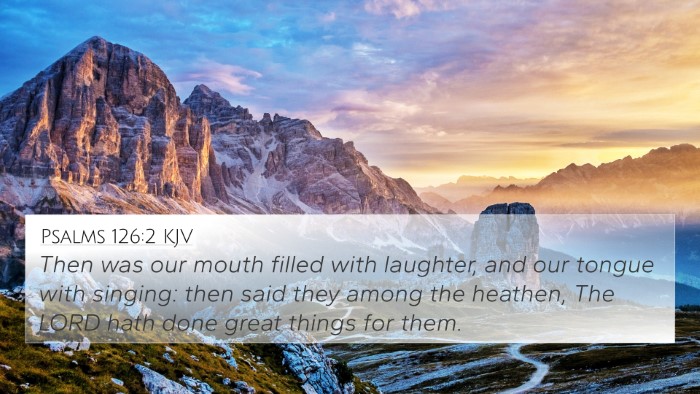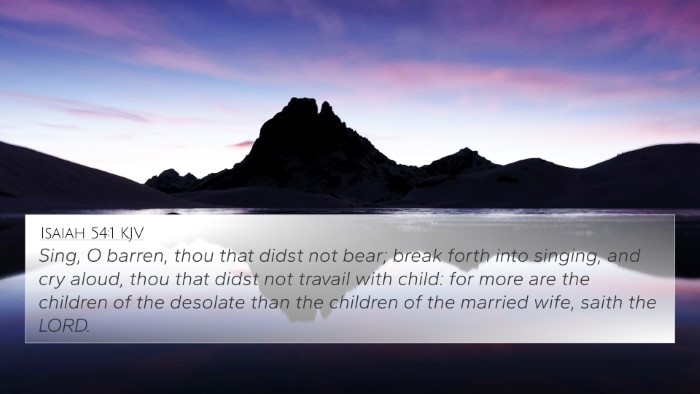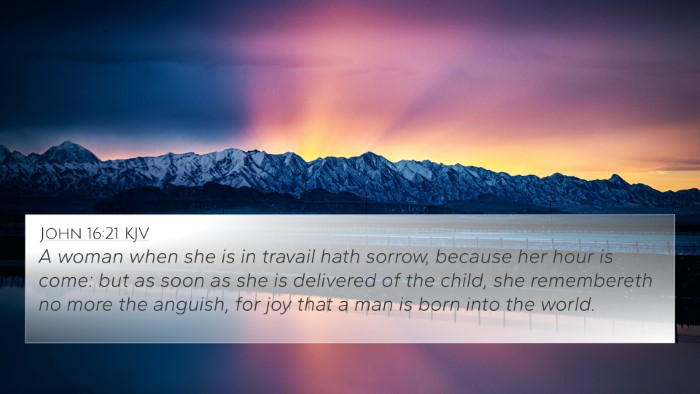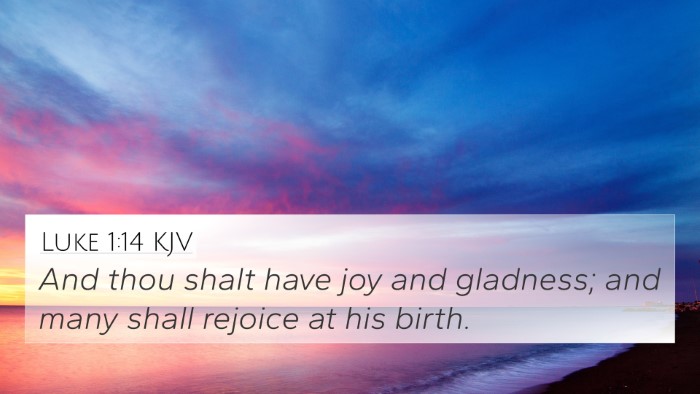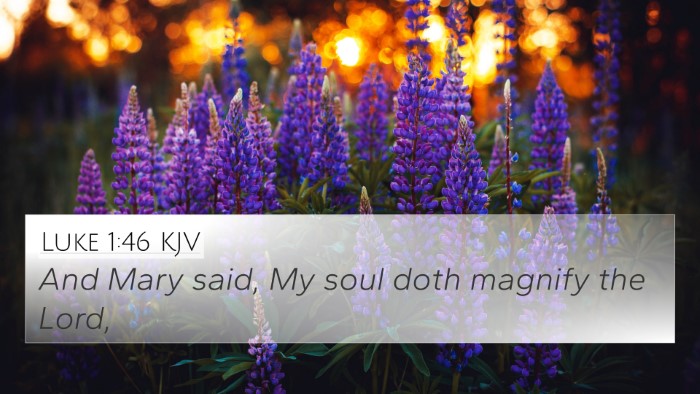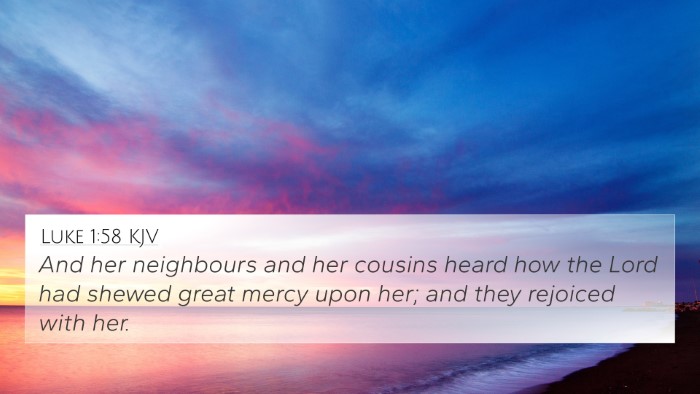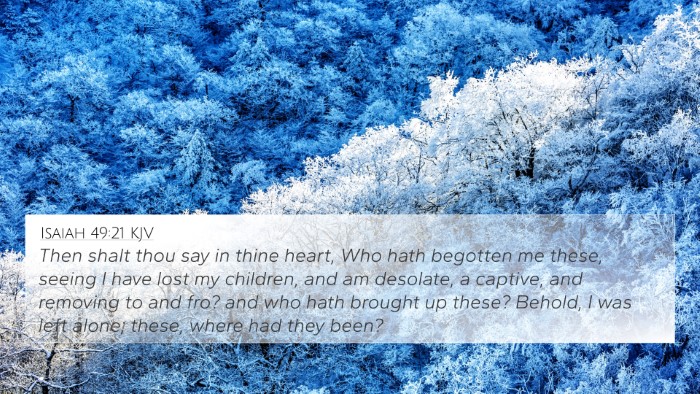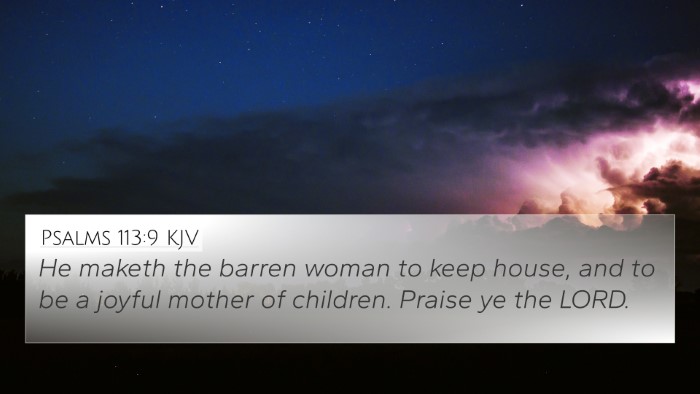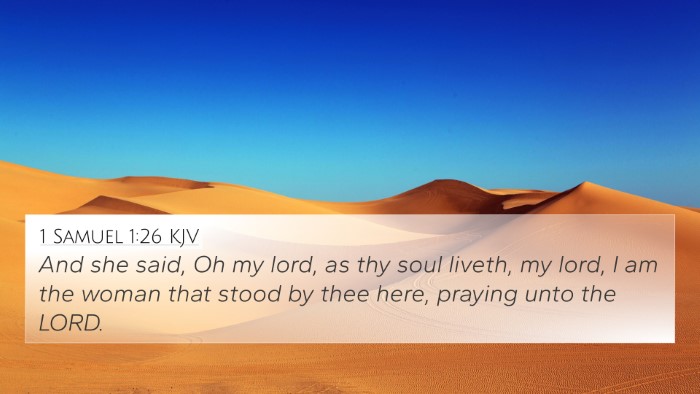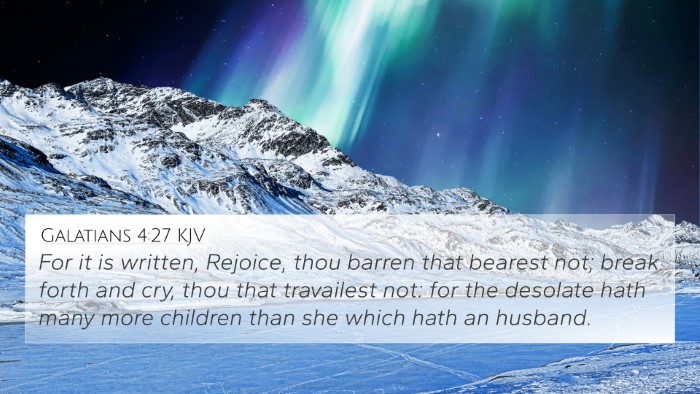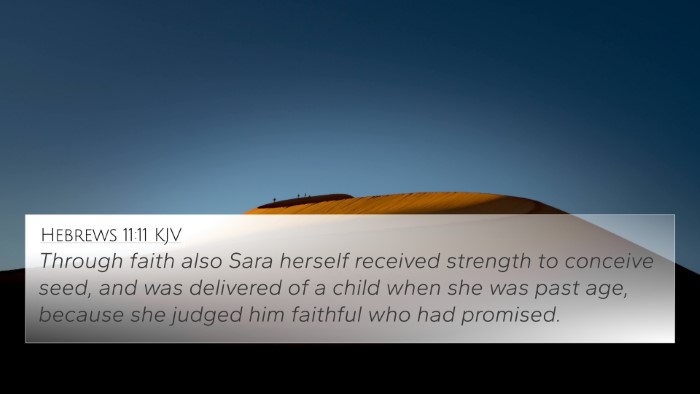Understanding Genesis 21:6
Genesis 21:6 states: "And Sarah said, God hath made me to laugh, so that all that hear will laugh with me."
This verse is rich in significance and speaks volumes about the faithfulness of God and the joy He brings into the lives of His people. The context is critical for a deeper understanding, as it reflects on the miraculous birth of Isaac, the son of Sarah and Abraham, who was born when they were well beyond the natural age of childbearing.
Meaning and Commentary Insights:
-
Matthew Henry:
Henry indicates that Sarah’s laughter signifies a fulfillment of the promise made to Abraham. The laughter is not just personal joy but represents broader joy among the people as they witness God's miraculous work in their lives.
-
Albert Barnes:
Barnes comments on the communal aspect of laughter, stating that joy in God’s provisions is often infectious. When Sarah expresses her happiness, it makes others rejoice with her, illustrating how divine blessings can unify and uplift communities.
-
Adam Clarke:
Clarke focuses on the name “Isaac,” which means laughter, and draws parallels to the larger theme of joy throughout the Scriptures. He notes that laughter here symbolizes not just happiness but the triumph of faith over doubt.
Cross-References for Genesis 21:6
To fully appreciate the implications of this verse, it’s essential to explore related scriptures that share thematic connections. Here are some significant cross-references:
- Genesis 17:17 - Abraham's laughter upon hearing about the promise of a son.
- Genesis 18:12-15 - Sarah laughs at the prophecy of her bearing a child.
- Psalm 126:2 - "Then our mouth was filled with laughter..." showing the joy of restoration.
- Romans 4:20-21 - Reflects Abraham's faith and God's faithfulness to His promises.
- Hebrews 11:11 - Highlights Sarah's faith in receiving strength to conceive.
- Luke 1:37 - "For with God nothing shall be impossible," affirming the promise theme.
- Galatians 4:27 - Quoting Isaiah, relates the joy of children born of promise.
Thematic Bible Verse Connections
The laughter of Sarah in Genesis 21:6 resonates with various themes throughout the Bible, demonstrating God's ability to turn sorrow into joy and achieve the impossible. This thematic connection can be further explored through the following ideas:
-
Faithfulness of God: The story illustrates how God's promises stand firm across generations, linking back to key covenantal themes seen throughout Scripture.
-
Joy and Celebration: The laughter signifies a pivotal moment of joy, aligning with Psalms that express worship and thanksgiving.
-
The Role of Women: Sarah's significance in the covenant narrative highlights the important role of women in God's plan, echoed in other books.
Comparative Bible Verse Analysis
By analyzing the connections between Bible verses, one can glean insights about God's character and His interaction with humanity. For example, comparing Genesis 21:6 with instances of laughter in both the Old and New Testaments provides a comprehensive view of this joy.
-
Links to Prophetic Visions: Cross-referencing laughter from Genesis to Psalm 2:4, where God laughs at the plans of nations, demonstrates the sovereignty of God over human affairs.
-
Joy in Salvation: New Testament parallels, such as Luke 15:7, where there is joy in heaven over salvation, echo the rejoicing seen in Sarah's declaration.
Tools for Bible Cross-Referencing
To delve deeper into the relationships between scripture, considering tools such as a Bible concordance or a cross-reference guide is beneficial. These resources can assist in uncovering the intricate web of biblical themes and connections.
- Utilizing Bible cross-reference systems enhances the study of scripture.
- Engaging in cross-referencing Bible study methods puts the word into perspective.
- Comprehensive Bible cross-reference materials aid in sermon preparation.
Conclusion
In conclusion, Genesis 21:6 stands as a powerful testament to the joy of God's fulfillment of promises, inviting believers to reflect on the divine laughter that signifies hope, faith, and communal joy. By exploring related verses and employing resources for cross-referencing, one can uncover deeper truths that enrich spiritual understanding and foster a more profound connection with the divine narrative.



